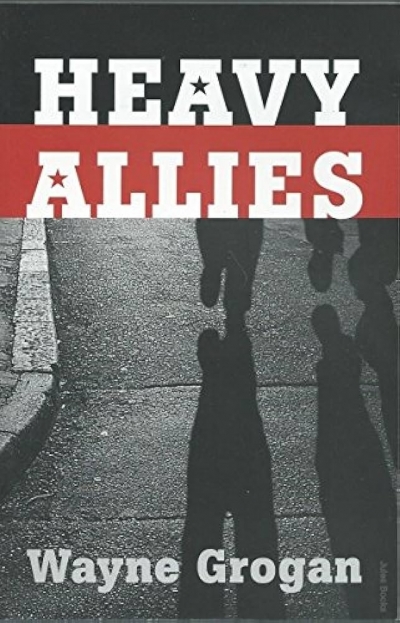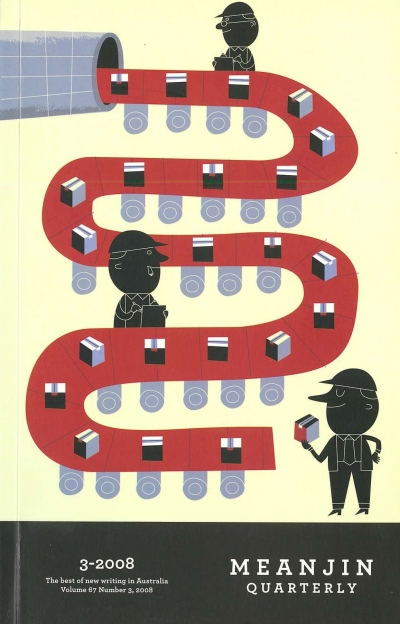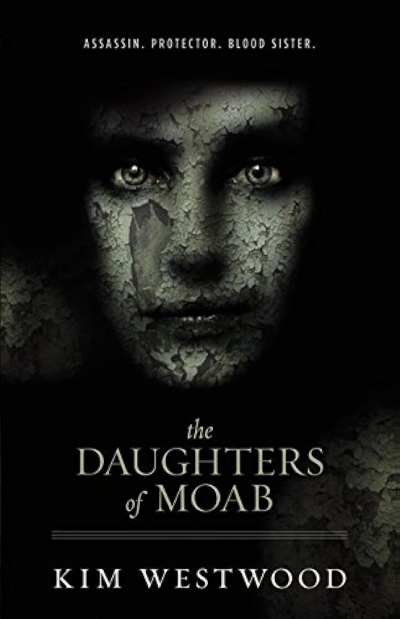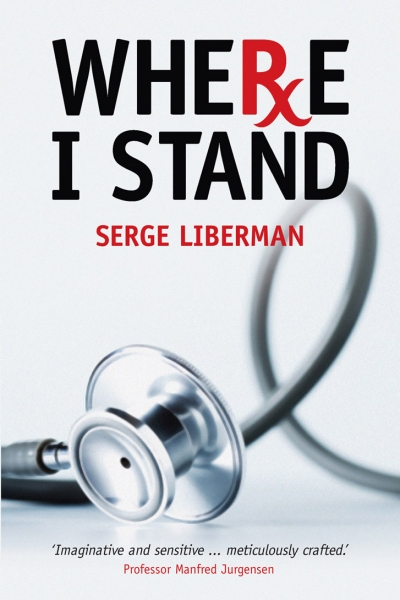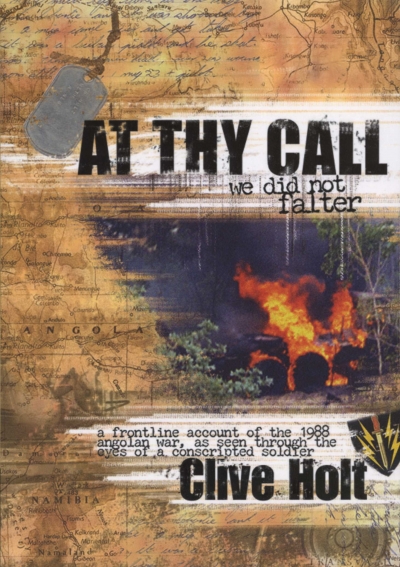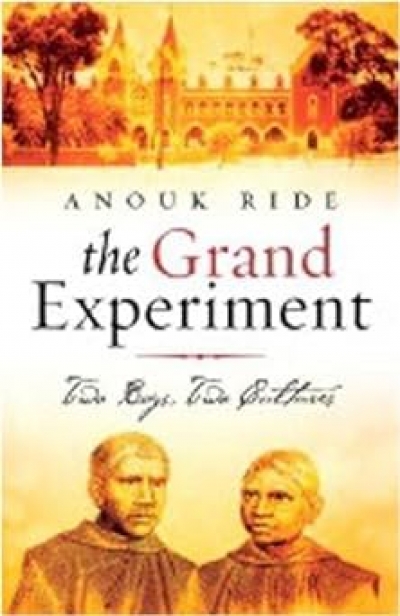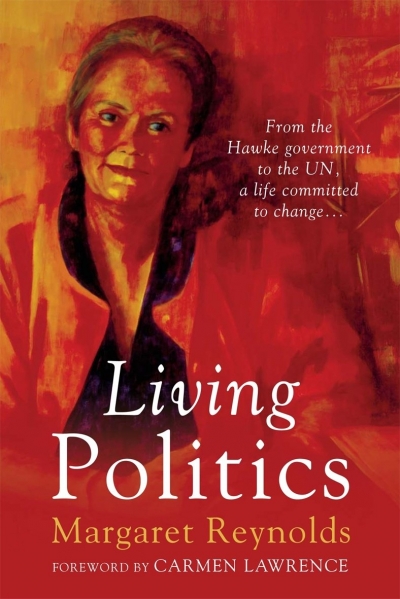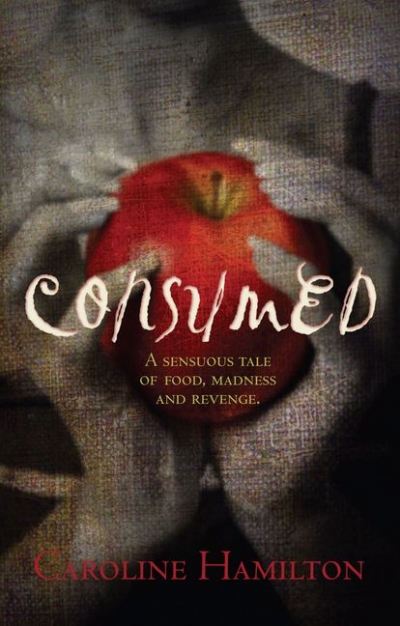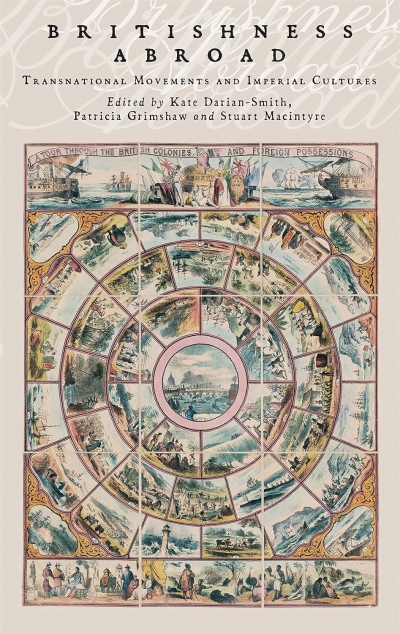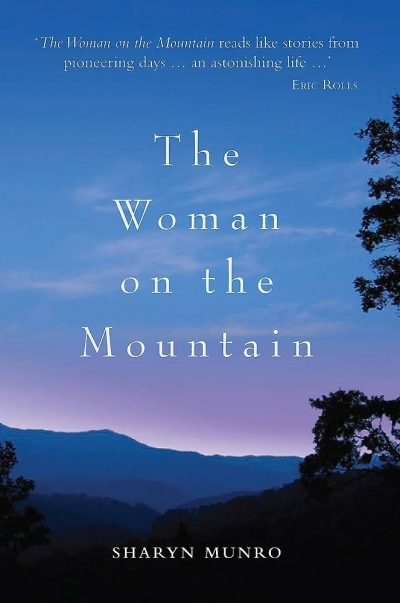In Brief
Britishness Abroad: Transnational Movements and Imperial Cultures edited by Kate Darian-Smith, Patricia Grimshaw and Stuart Macintyre
by Gillian Dooley •
Sharyn Munro lives alone in a mudbrick house on a mountain near the Hunter River, many miles from the nearest shop or neighbour. In her late fifties, with arthritis slowly encroaching, she attempts to revegetate rainforest gullies, grows her own food and provides a refuge for wallabies, quolls and antechinus. Munro’s memoir, The Woman on the Mountain, sets out to explain this ‘foolhardy’ choice of abode.
... (read more)
